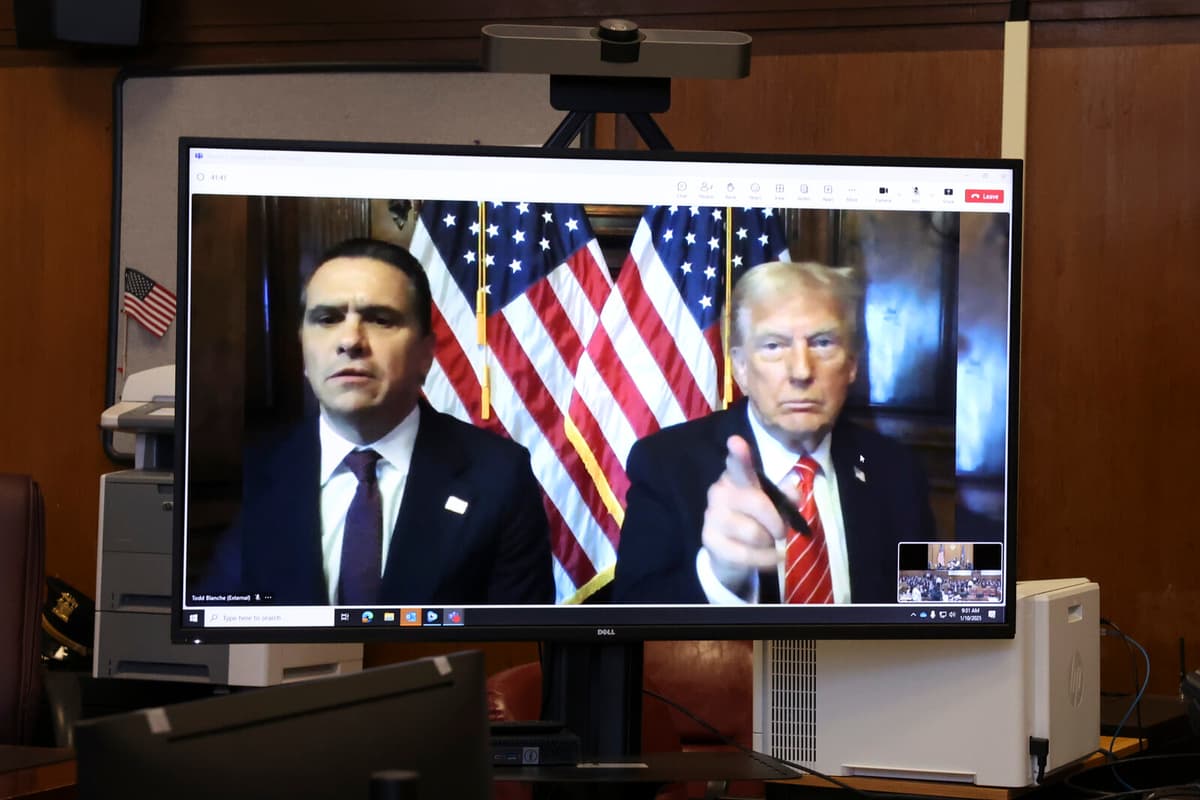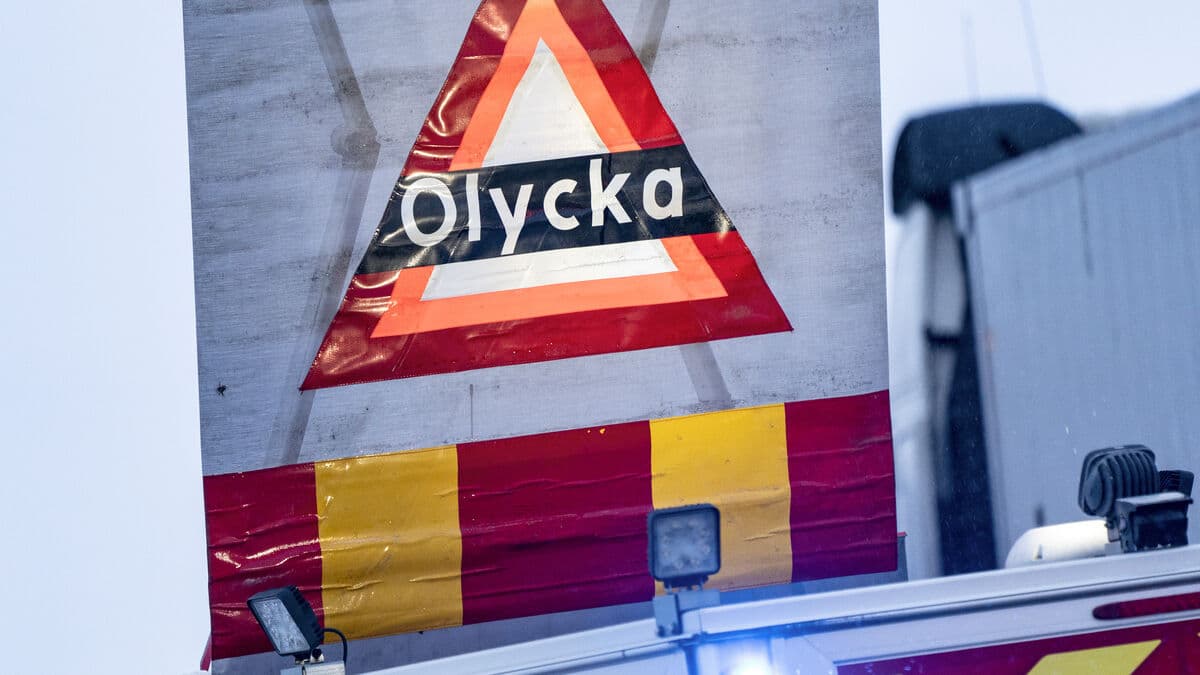Donald Trump, the first former American president to be convicted of a serious crime, is thus leaving the process without either imprisonment, probation, or fines to pay.
Judge Juan Merchan emphasizes, however – after the unconditional acquittal was announced on Friday – that the legal protections provided by the presidency "do not diminish the seriousness of the crime or its execution in any way".
Expected outcome
The outcome was expected. On January 3, the New York Supreme Court concluded that although imprisonment would normally be an appropriate punishment for the serious crimes Trump was convicted of, such a punishment was no longer enforceable since Trump had won the presidential election.
In that statement, it was announced that a pardon would be "the solution that works best" to ensure that the process is concluded and thus enable the defendant to appeal.
Never before has the court faced such a unique and remarkable set of circumstances, says Merchan.
Trump's lawyers have previously announced that they will appeal the verdict. Donald Trump says via video link in court that the process has been "a very terrible experience" and a "political witch hunt".
The fact is that I am completely innocent. I have not done anything wrong, he claims according to CNN.
Convicted in the spring
The incoming American president was convicted in the spring, by a unanimous jury, as guilty on all 34 points listed by the prosecutors. Despite the pardon, the conviction means that Trump is not allowed to own firearms and must submit his DNA to the state of New York's database.
The core of the case was that he had arranged for money to be paid to porn star Stormy Daniels to keep quiet about their sexual encounter several years earlier during the 2016 presidential campaign. Trump has consistently denied any wrongdoing and that he had sex with Daniels.
Trump's lawyers argued that their client could no longer be punished since some of the evidence in the case was from the time of his first presidential term, 2017-2021.
The argument was made in light of the Supreme Court's decision last summer, which grants the president extended legal immunity.






